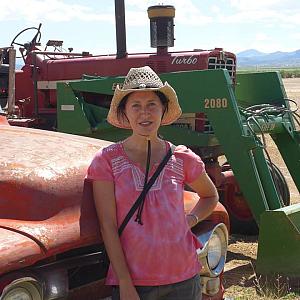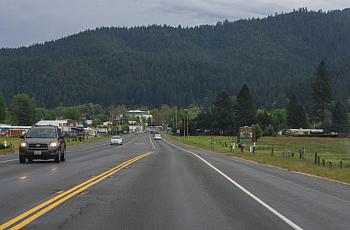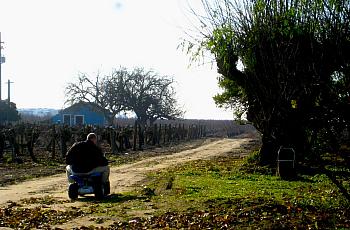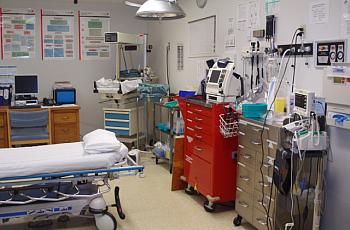
Elizabeth Zach
Staff Writer

Staff Writer

A network of regional "task forces" is tackling the opioid problem throughout California, leading to a dramatic drop in overdoses in one rural mountain county.

In recent years, hospitals that serve small rural communities across the nation have closed their doors at a disquieting rate, essentially one per month.

In California’s Central Valley and rural north, more than a dozen hospitals have closed since the early 2000s. The closures often limit care options and inflict economic misery — some communities never recover.
For residents of California's vast rural areas, where nine hospitals have closed in the past decade, a cancer diagnosis can be especially frightening. Here's why.

The technology isn’t a panacea for all that ails rural health care today. Some areas still lack the required internet connectivity, and critics say telemedicine doesn't enrich a local economy in the way a hospital does, providing jobs and other community goods.

The very economic decline that contributed to rural hospitals' closure is likely to be worsened by their disappearance.

Rural hospitals have been closing at alarming rate across the nation, including California's Central Valley. What happens to rural residents when a local hospital closes it doors? And is telemedicine really the solution?